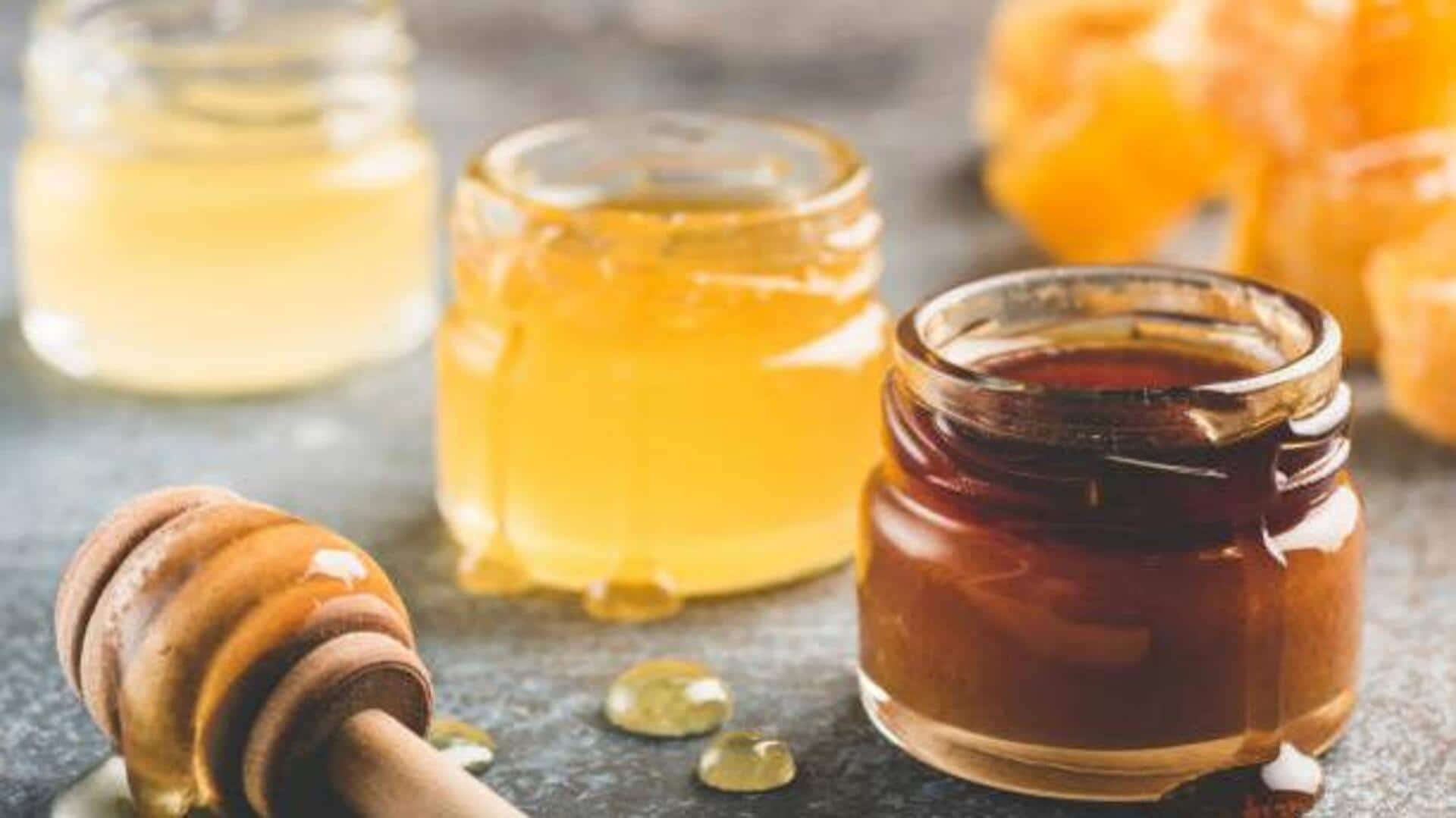
Discovering Africa's baobab honey harvests
What's the story
Africa is home to some of the world's most unique and sustainable agricultural practices, and one such example is the harvesting of baobab honey. This natural sweetener, with its deep roots in ancient tradition, is a testament to the continent's rich biodiversity. The harvesting process, which relies on local communities and their indigenous knowledge, is a fascinating journey from the towering baobab tree to your dining table.
Baobab
The baobab: Africa's tree of life
The baobab, or "Tree of Life," is an iconic and essential part of African ecosystems, capable of surviving for over 1,000 years. These trees serve as homes, supermarkets, and even water reservoirs during droughts. Their unique relationship with bees, which pollinate the flowers and create honey inside the trees themselves, is key to the survival of both species and the overall health of the ecosystem.
Harvesting
Traditional harvesting techniques
Indigenous communities possess a deep understanding of sustainable honey harvesting methods that respect both the baobab trees and the bees. Their ancestral knowledge, passed down through generations, guides them in gently smoking out bees from their hives within the towering baobabs. By ensuring the bees aren't harmed, they preserve the crucial role these insects play in pollination.
Nutrition
Nutritional benefits and uses
Baobab honey is highly prized for its health benefits. It boasts high concentrations of antioxidants and vitamins. The flavor profile of this honey is unique, reflecting the specific blossoms visited by the bees. In addition to its use as a sweetener, this honey serves as a vital dietary component, enhancing immunity and providing energy.
Impact
Community impact and conservation efforts
The production of baobab honey is not only a profitable venture for rural communities across Africa, but it also contributes positively to the environment. By creating demand for this unique product, it incentivizes conservation efforts aimed at protecting both baobabs and bee populations. Plus, it fosters community-based initiatives that focus on sustainable agriculture practices.
Consumption
Tips for responsible consumption
When buying baobab honey, choose options that are ethically sourced and directly benefit local communities. This way, you can ensure that your purchase contributes to conservation efforts and the well-being of the people who depend on these magnificent trees. Plus, you can try other baobab products like oil or fruit powder to support these amazing ecosystems even more!